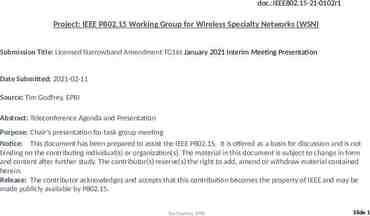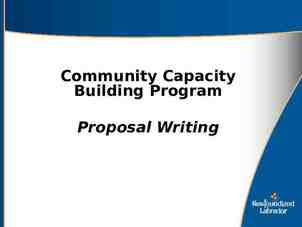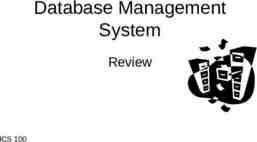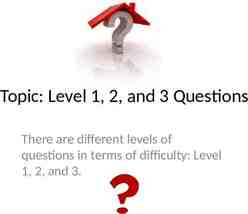Topic: Franklin D. Roosevelt and the New Deal: Was it
7 Slides1.08 MB

Topic: Franklin D. Roosevelt and the New Deal: Was it a “revolutionary” program? Do Now: "The country needs and . . . demands bold, persistent experimentation. It is common sense to take a method and try it. If it fails, admit it frankly and try another. But above all, try something." Franklin D. Roosevelt 1932 Campaign Speech Interpret the meaning of this statement

The Election of 1932 and the 1st Hundred Days Election 1932: FDR defeats Hoover “Bold, Persistent Experimentation” FDR “coalition”: North and South ; African-Americans Democrat majority in Congress FDR’s 1st Hundred Days Numerous measures passed Relief, Recovery, Reform Alphabet agencies: pump priming and “public works” “Brain Trust” of advisors Fireside Chats 21st Amendment: repeal of Prohibition

Alphabet Agencies: helping the “forgotten man” Civilian Conservation Corps (CCC) Young men Cleaning parks, etc. Federal Emergency Relief Act (FERA) Jobs & Unemployment benefits Works Progress Administration (WPA) Infrastructure, the arts, etc. Tennessee Valley Authority (TVA) Hydroelectric dams Government owned (cheap power and jobs) “Socialist Experiment”? Agricultural Adjustment Act (AAA) Limiting farm production (raise prices) Social Security Act (SSA) Old age pension

New Deal: Two Views

Fixing the Financial Structure Depression: “run on the banks” bank failures FDR to restore “confidence” in banks Bank Holiday Glass-Stegall Act FDIC “managed currency”: US briefly off gold standard Paper money used to create inflation Raise prices, help debtors “Cleaning Up” Wall Street: Securities Exchange Commission (SEC)

Conclusion “Despite superficial similarities, the domestic programs of the New Deal were a fundamental departure from those of the Progressive Era”. Defend or Refute this statement







